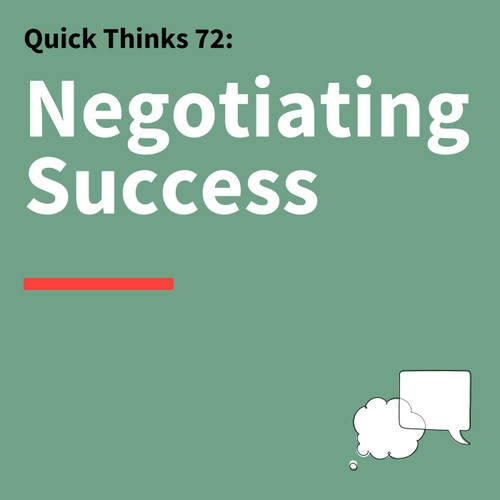
 Think Fast Talk Smart: Communication Techniques
Think Fast Talk Smart: Communication Techniques 72. Quick Thinks: Talk It Out – How to Successfully Negotiate and Resolve Conflict
90 snips
Nov 22, 2022 Professor Michele Gelfand, an expert in organizational behavior and cross-cultural management at Stanford, joins the conversation to shed light on the art of negotiation. She emphasizes the power of creativity and cultural intelligence in resolving conflicts, stressing that effective negotiation is about meeting everyone’s needs. Gelfand shares strategies for listening to diverse viewpoints and using storytelling to navigate conflicts. Her insights reveal how the best negotiators are those who craft collaborative solutions that benefit all parties involved.
AI Snips
Chapters
Transcript
Episode notes
Negotiation: Uncover Priorities
- Understand others’ priorities in negotiations to create win-win solutions.
- Ask "What's your priority?" to uncover hidden value and avoid leaving value on the table.
Vacation Negotiation
- A couple's vacation preferences (spa vs. mountains) initially seem incompatible.
- By understanding priorities, they find a spa in the mountains, a creative win-win.
Orange Negotiation
- Two sisters split an orange, one wanting the peel, the other the pulp.
- This highlights the common mistake of splitting resources without understanding each other's needs.

